When you crash a financed car with insurance, you remain responsible for the loan despite coverage. Insurance typically covers repair or replacement costs, but you can need to pay a deductible. If the car is totaled, the insurance payout goes toward the loan balance. Also, damages, like injuries, can require further financial support. It is crucial to understand your obligations and coverage options in such situations.
What About Additional Damages in a Car Accident?
- Injuries sustained in a car accident can lead to additional expenses.
- Personal Injury Protection (PIP) insurance covers some costs but can not be sufficient for severe injuries.
- Victims can pursue fault-based lawsuits against the negligent driver for compensation.
- Compensation can include pain and suffering damages, medical expenses, lost income, and property damages.
- Exploring all avenues is crucial to ensure adequate compensation for additional damages in a car accident.
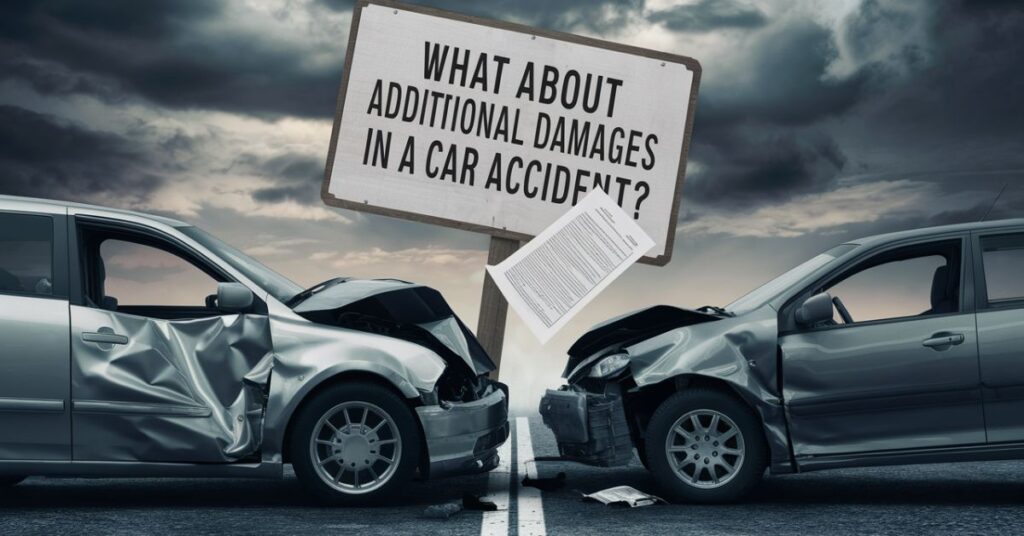
In a car accident, additional damages can include injuries, medical expenses, and lost income. While personal injury protection (PIP) insurance can cover some costs, severe injuries might require more financial support. Victims can seek compensation through fault-based lawsuits against the negligent driver.
This compensation can include pain and suffering damages, medical expenses, lost income, and property damages. It is essential to explore all avenues to ensure adequate compensation for any additional damages incurred in a car accident.
what happens if you total a financed car with full coverage
- If you total a financed car with full coverage insurance, the insurance company typically assesses the car’s actual cash value (ACV) at the time of the accident.
- The insurance payout is then calculated based on this ACV, minus any deductible that applies to your policy.
- The insurance payout is usually sent directly to the financing institution or lender to pay off the remaining balance of the loan.
- If the insurance payout is more than the remaining loan balance, any surplus funds may be returned to you.
- However, if the insurance payout is less than the remaining loan balance, you are still responsible for paying off the difference, unless you have gap insurance to cover this gap.
- Once the loan is paid off, you no longer have financial responsibility for the totaled car, but you may need to secure a new vehicle and possibly a new loan if you still need transportation.
What is ACV?
ACV stands for Actual Cash Value. It refers to the fair market value of an asset, such as a car, at the time it is totaled or damaged in an accident. The actual cash value takes into account factors such as the car’s age, mileage, condition, and any depreciation that may have occurred since its purchase.
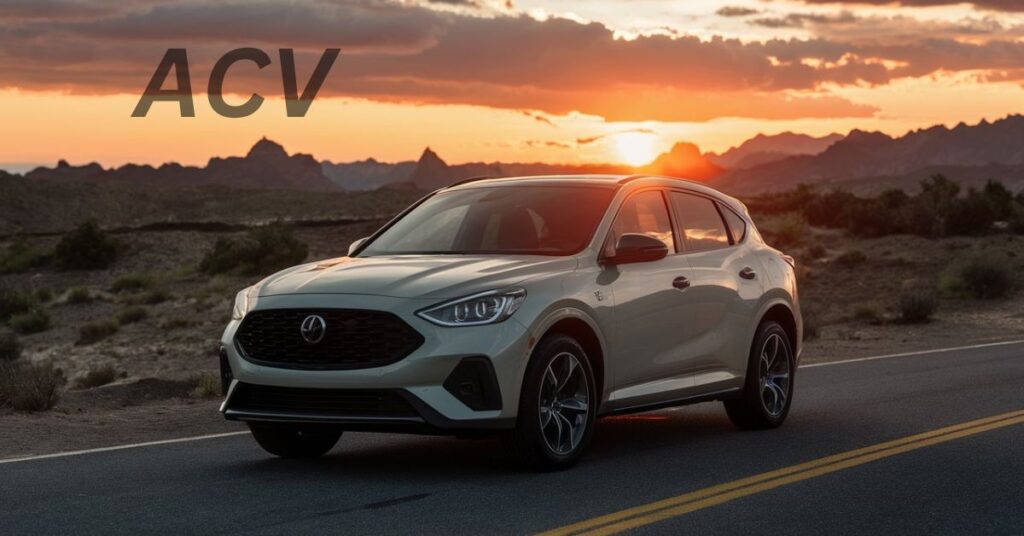
When an insurance company calculates the payout for a totaled car, they typically use the ACV. The basis for determining the amount of compensation the policyholder will receive.
Also Read: Fintechzoom best travel credit card
what happens if you wreck a financed car without?
If you wreck a financed car without insurance, several consequences can occur.
- Financial Responsibility: You are still responsible for paying off the remaining balance of the loan, regardless of the condition of the car after the accident.
- Loss of Vehicle: Without insurance coverage, you can lose the car and still owe money on the loan if it is totaled or severely damaged.
- Legal Consequences: Depending on the circumstances, you can face legal action from the financing institution to recover the outstanding loan balance.
- Difficulty Obtaining Future Loans: Defaulting on a car loan can negatively impact your credit score and make it a challenge to obtain loans or financing in the future.
- Additional Expenses: You can need to pay out-of-pocket for any repairs or damages to the vehicle, as well as any medical expenses if you or others involved in the accident are injured.
- Potential Loss of Driving Privileges: In some jurisdictions, driving without insurance can result in the suspension or revocation of your driver’s license.
if my car is totaled will the insurance pay it off?
Yes, if your car is totaled, your insurance company will typically pay you the actual cash value (ACV) of the car at the time of the accident, minus any deductible you have on your policy. This payout is intended to compensate you for the loss of the vehicle.
If you have comprehensive or collision coverage, your insurance policy should cover the cost of repairing or replacing the car if it is damaged or totaled in an accident, up to the limits of your policy. However, the insurance payout may not always be enough to fully cover the remaining balance of your car loan.
car totaled no insurance not at fault
If your car is totaled in an accident where you are not at fault and you don’t have insurance, you might face several challenges.
Financial Responsibility:
Without insurance coverage, you are still responsible for the costs associated with replacing and repairing your vehicle. This could include paying for a new car out of pocket or arranging financing to cover the expenses.
Legal Options:
Since you were not at fault, you can be able to pursue compensation from the at-fault party’s insurance company through a third-party claim. However, this process can be complex and can take time to resolve.
Alternative Transportation:
In the meantime, you can need to find alternative transportation while you are without a car. This could involve renting a vehicle or using public transportation, depending on your circumstances.
Potential Financial Hardship:
Dealing with the aftermath of a totaled car without insurance can cause financial strain, especially if you rely on your vehicle for transportation to work or other essential activities.
How does insurance work on a financed car?
Insurance on a financed car works similarly to insurance on any other vehicle, but there are some key considerations due to the financing arrangement.
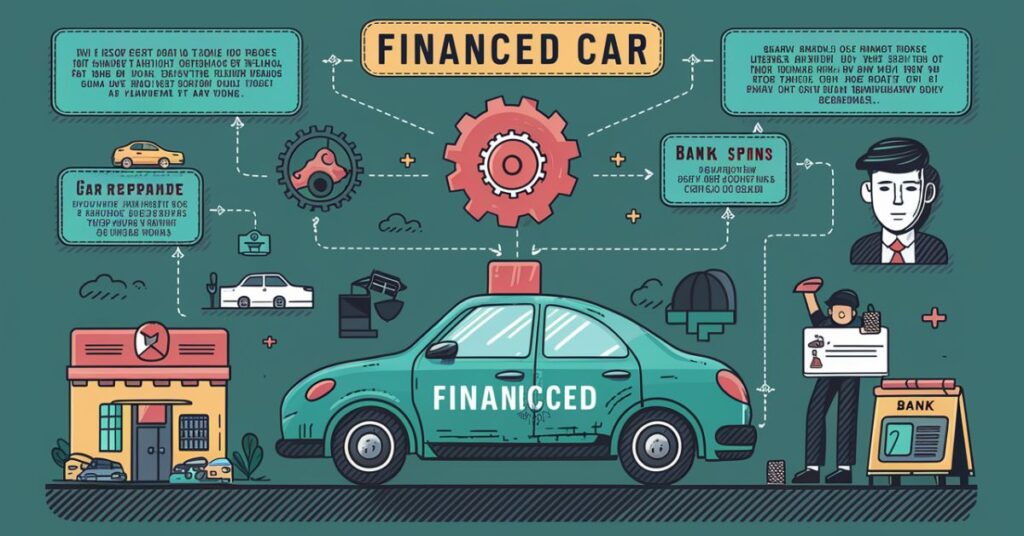
- Required Coverage: When you finance a car, the lender typically requires you to have comprehensive and collision coverage in addition to liability coverage. This is to protect their investment in the vehicle.
- Insurance Payments: You pay premiums to the insurance company to maintain coverage on the car. These premiums can be paid monthly, semi-annually, or annually, depending on your policy.
- Lender’s Interest: Since the lender has a financial interest in the car until the loan is fully paid off, they are usually listed as a lienholder on the insurance policy. This means that the event of a total loss. The insurance payout can be made jointly to you and the lender to ensure remaining loan balance paid off.
- Coverage Limits: The amount of coverage you need depends on the terms of your loan agreement, the value of the car, and your financial situation. Your lender may have specific requirements for coverage limits and deductibles.
- Gap Insurance: If you owe more on the car than it’s worth (known as being “upside down” on the loan). The gap insurance can provide additional coverage to pay off the remaining loan balance if the car totaled. This can be especially useful if the car depreciates faster than you are paying off the loan.
Discuss Your Options With Our Auto Accident Attorneys for Free
| Reasons to Discuss with Our Auto Accident Attorneys for Free |
| Legal Expertise: Our attorneys offer extensive experience and special knowledge in handling various auto accident cases. |
| Case Evaluation: Receive a thorough assessment of your case’s strengths and weaknesses during the consultation. |
| Exploration of Options: Our attorneys will discuss all available legal avenues, including negotiation, lawsuits, and alternative dispute resolution methods. |
| Legal Representation: If you choose to hire our company, you will benefit from dedicated representation and advocacy throughout your case. |
| No Upfront Costs: Our firm operates on a contingency fee basis, ensuring that you won’t incur any attorney fees unless we secure a favorable outcome for you. |
Also Read: What bank details are needed to receive money?
After a car crash involving a financed vehicle, it is essential to grasp your legal and financial obligations. At Pacin Levine, P.A., our dedicated team of auto accident attorneys committed to meticulously evaluating. Your case and crafting an effective strategy for a favorable outcome. If you are pursuing justice and rightful compensation for your injuries, feel free to reach out to us at. (305) 760-9085 or 1-800-24-7-CRASH (2727).
We proudly serve the Greater Coral Gables Area, encompassing Miami, Coconut Grove, South Miami, and beyond. Count on us to guide you through the intricate process and help you achieve the resolution you rightfully deserve.
Final Thought
When crashing a financed car with insurance, understanding your financial responsibilities is crucial. Seek guidance from experts to navigate the process effectively and ensure you receive fair compensation for any damages incurred. Remember, knowledge and assistance can make all the difference in resolving the situation smoothly.
Frequently Asked Questions
What happens if I crash my financed car with insurance?
If you crash your financed car with insurance, you are still responsible for the remaining loan balance.
Will insurance cover the damages if my financed car totaled?
Yes, insurance can cover damages if your financed car is totaled, depending on your coverage.
Do I still have to pay off my car loan if the vehicle is totaled?
You can still need to pay off your car loan if the vehicle is totaled, depending on your insurance payout.
What is gap insurance, and do I need it for my financed car?
Gap insurance covers the difference between your car’s value and what you owe on your loan. It is advisable for financed cars.
How does insurance payout work for a financed car?
Insurance payout for a financed car typically goes towards paying off the loan balance after a total loss.
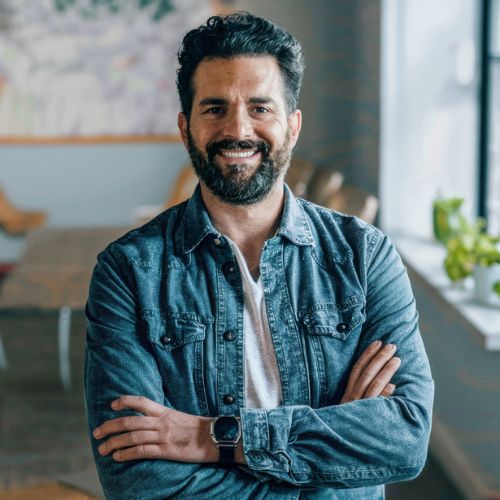
Haarrii, a seasoned finance expert with 4 years of hands-on experience, brings insightful analysis and expert commentary to our platform. With a keen eye for market trends and a passion for empowering readers, Haarrii delivers actionable insights for financial success.
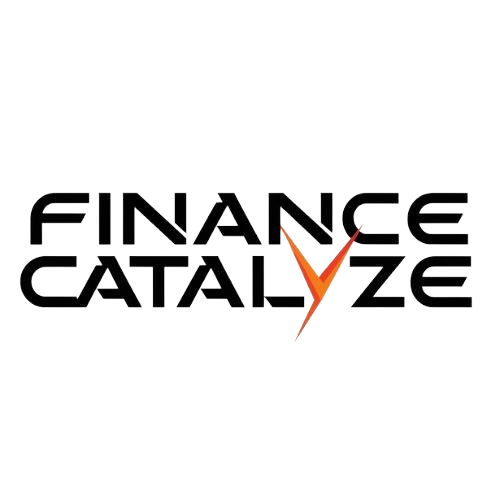
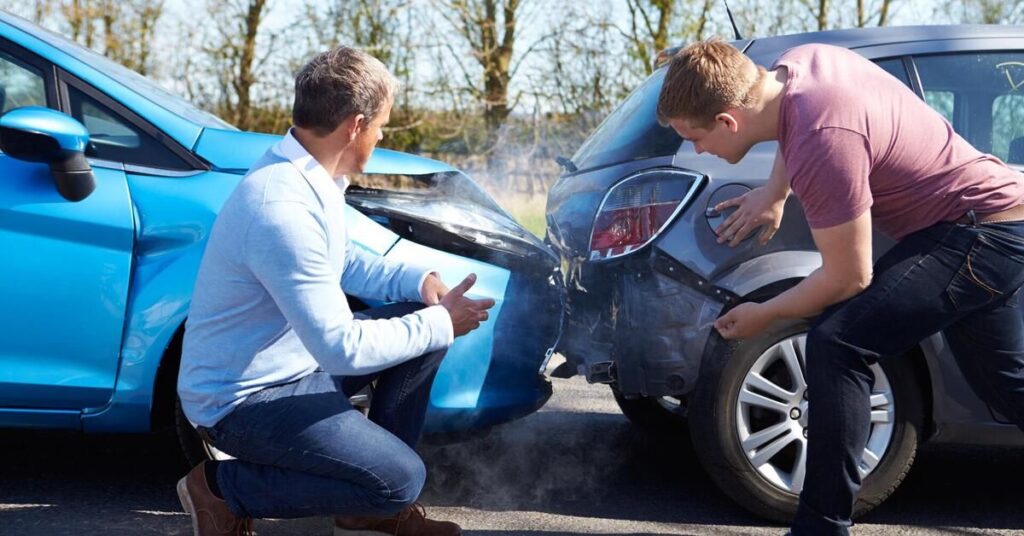
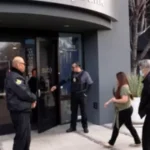





1 thought on “What Happens if You Crash a Financed Car with Insurance?”